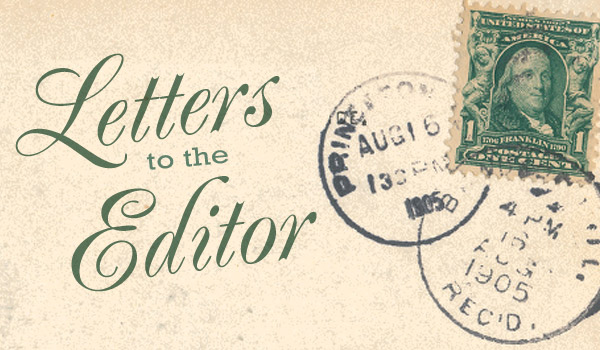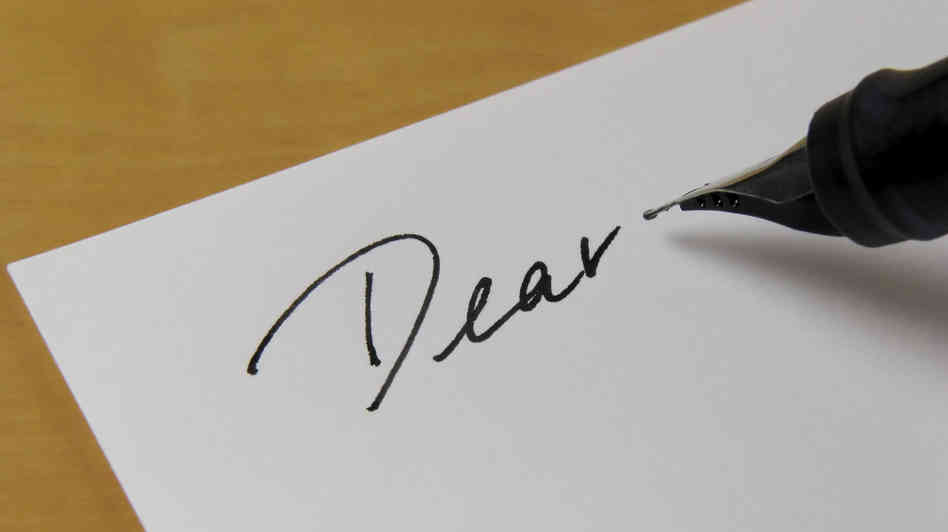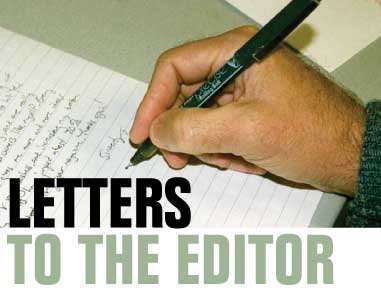Dear Sir,
Most dog owners are responsible and caring individuals who look upon their dogs as part of the family and not just pets, and many look after them better than they take care of themselves. Often they talk more to their dogs than they do their partners and wouldn’t dream of leaving the house without giving them a little treat, an explanation of where they are going and assurances they won’t be long.
When they take their dog for a walk they do so in a responsible manner; the dog is on a lead and the owner is going equipped for the task in hand, pockets stuffed with doggie bags, possibly a pooper scooper and a larger carrier bag to put the used doggie bags into until they reach one of the many bins provided for the safe disposal of what is toxic waste. However, when out walking you don’t have to go far before you come across dog faeces on the path and grassed areas or worse still, discarded doggie bags thrown down on the ground or into nearby trees and bushes.
The law is very clear. The Control of Dogs Ordinance (1992) applies to all public places and states that an offence is committed if a person in charge of a dog fails to clean up his faeces. It is no defence to claim ignorance of the dog’s actions, the law, or not to have a device available to remove the faeces. This could result in a prosecution and fine.
Most people don’t realise dog faeces is toxic due to toxocariasis. Toxocariasis is an infection of the round worm. There are two types of toxocariasis: visceral larva migrans (VLM) and ocular larva migrans (OLM). In VLM, the larvae reach the liver, causing inflammation and symptoms such as abdominal pain and pyrexia. Most people recover spontaneously. OLM occurs when a migrating larva reaches the eye. It causes a granuloma to form on the retina, causing significant visual impairment and in severe cases even blindness. There are about twelve new cases of OLM diagnosed annually in the UK. Twelve is not a lot but if it’s you or a family member who loses their sight twelve a very significant number.
Prevention is better than a cure and all it takes is a little thought, consideration and personal responsibility not only for your dog, your own actions as well.
Cllr Phillip Hawkins










